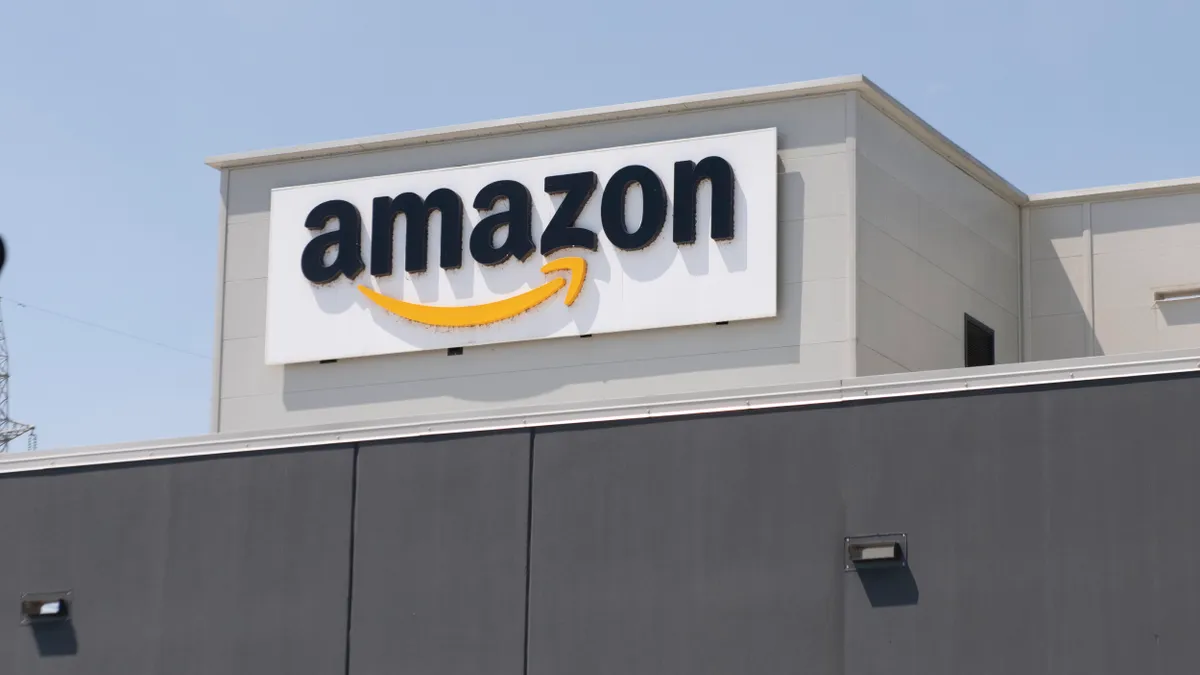The Federal Trade Commission and 17 state attorneys general that filed a lawsuit against Amazon Tuesday alleged that the online retailer maintained a monopoly partly by way of its checkout process.
In outlining the online superstore market, the lawsuit describes how e-commerce retailers have created payment processes and often store customer information to strengthen ties to their customers, making it onerous to shift to a competing online retailer.
The federal agency and the states sued Amazon in the U.S. District Court for Western Washington. “The complaint alleges that Amazon violates the law not because it is big, but because it engages in a course of exclusionary conduct that prevents current competitors from growing and new competitors from emerging,” the FTC said in a press release Tuesday.
Over its nearly 30-year history, the Seattle-based e-commerce giant has become known for its speedy, easy checkout process. The company even patented its “one-click” checkout process.
The lawsuit’s antitrust allegations against Amazon portray it as particularly adept at retaining its customers by way of its checkout process, noting how it used its understanding of past purchase behavior to lock them in.
“For example, Amazon retains shoppers’ payment, shipping, and order history information,” the lawsuit noted. “Switching to a new online superstore would require reentering payment and shipping information and forgoing the benefits of viewing past order history,” the lawsuit said.
Any perceived switching costs for customers become a “barrier to entry” for rival online superstores, the lawsuit alleged. “Shoppers also develop routines while shopping at online superstores that can be difficult to break, particularly given the additional costs of gaining familiarity with the format, features, and policies of a different store,” the lawsuit said.
The FTC complaint described how Amazon’s billionaire owner, Jeff Bezos, understood the benefit of creating that type of tether to customers early on. “Mr. Bezos recognized this dynamic and its implications in a speech in 1998, stating that ‘switching costs long-term . . . should actually be higher in the online world than in the physical world’ because ‘[i]n the online world, businesses have the opportunity to develop very deep relationships with customers, both through accepting preferences of customers and then observing their purchase behavior over time.’”
Part of the lawsuit specifying how Bezos might use payment details and other customer information it stores was blacked out in the publicly-available copy of the lawsuit, presumably to protect sensitive information.
Amazon said in a statement that it would fight the case in court. “The practices the FTC is challenging have helped to spur competition and innovation across the retail industry, and have produced greater selection, lower prices, and faster delivery speeds for Amazon customers and greater opportunity for the many businesses that sell in Amazon’s store,” the emailed statement said.











